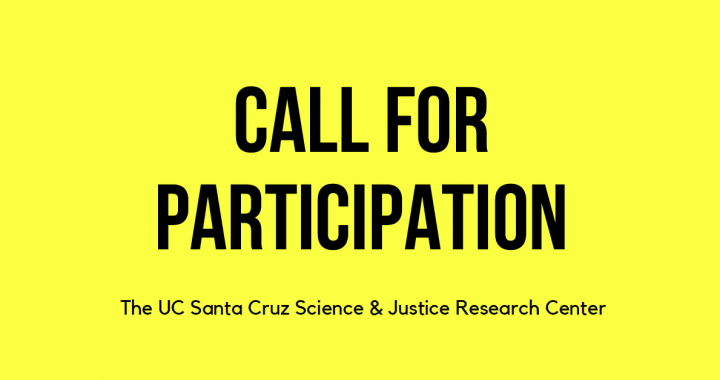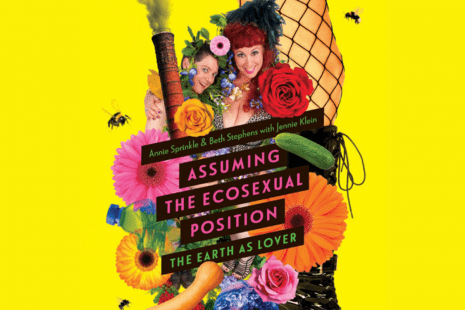Wednesday, October 27, 2021
4:00-5:30 PM
Join SJRC scholars for an open discussion of works-in-progress! This is a wonderful chance to engage with one another’s ideas, and support our own internal work.
At this session, we will hear from one of our remote visiting scholars, Rebecca Herzig, Professor of Gender and Sexuality Studies at Bates College on Science, Justice, and University Abolition.
This talk, part of a larger work-in-progress on US higher education, draws together left abolitionist approaches to the university and decolonial, anti-capitalist, and queer feminist critiques of science. Specifically, the talk takes up Boggs et al’s (2019) call to reckon with US universities’ complicity with settler colonial and racial capitalist regimes of accumulation by considering the distinctive positioning of contemporary “STEM,” ideologically and materially, within those regimes. Thinking Science & Justice within and beyond the carceral university, the talk suggests, requires struggle with academic science’s ongoing conditioning of twenty-first century racial-capitalist orders.
Rebecca Herzig is the author of several books, including Suffering for Science: Reason and Sacrifice in Modern America, and, with Evelynn Hammonds, The Nature of Difference: Sciences of Race in the United States from Jefferson to Genomics. With Banu Subramaniam, Herzig co-edits the series, Feminist Technosciences. An essay from Herzig’s current project on higher education is forthcoming in Feminist Studies.


